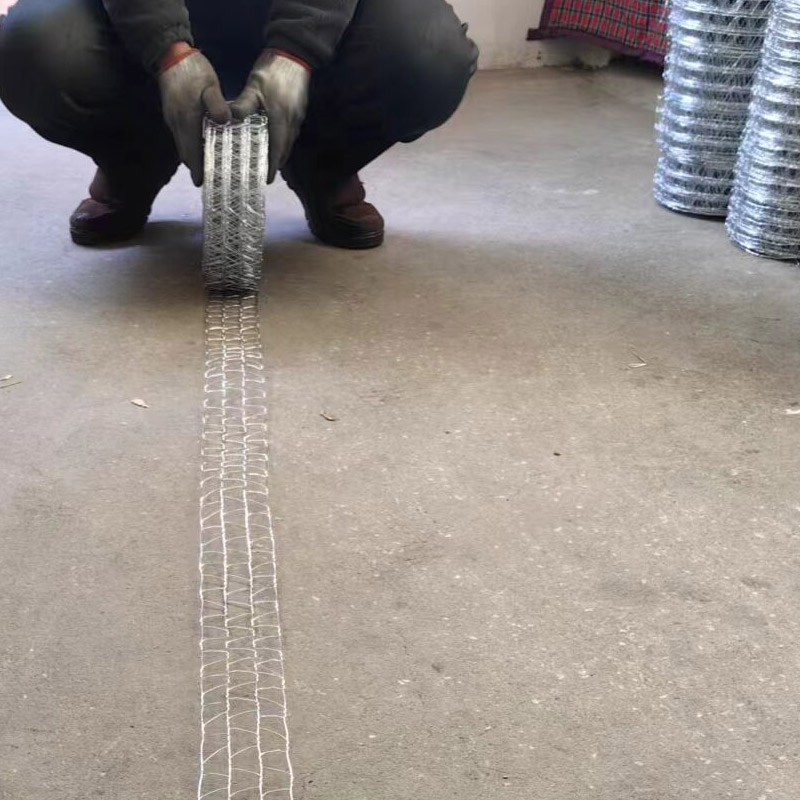
- Mobile Phone
- +8613931874955
- sales@cntcmetal.com
Essential Tools and Accessories for Efficient Masonry Projects
Understanding Masonry Accessories Essential Components for Construction
Masonry work has been a cornerstone of construction for centuries, and its reliability and aesthetic appeal make it a favored choice for building structures. However, the effectiveness and durability of masonry projects largely depend on the quality and suitability of masonry accessories. These accessories play an important role in enhancing the structural integrity and longevity of masonry constructions.
First and foremost, masonry accessories include a variety of materials designed to support different masonry units such as bricks, stones, and blocks. Among the most common accessories are masonry anchors, which provide stability and support for walls, especially in multi-story buildings. These anchors help to secure the masonry to the structure, preventing shifting and bowing due to weight or external forces like wind. Additionally, wall ties are used to connect the masonry to other components of the building, ensuring that the overall framework remains cohesive and structurally sound.
Another crucial category of masonry accessories is flashing. Flashing is used to direct water away from critical areas of the masonry, such as joints and rooflines, thereby preventing water infiltration that could lead to dampness and structural damage. When integrated properly, flashing can significantly extend the lifespan of a masonry structure.
masonry accessories

Grout and mortar are also vital masonry accessories that serve different purposes. Mortar acts as the bonding agent that holds masonry units together, while grout fills voids and gaps in masonry applications. The selection of the appropriate type of mortar or grout is essential, as it impacts both the strength and appearance of the finished project. For example, colored mortars can enhance the visual appeal of the masonry, making it an integral part of the design as well.
To further improve the performance of masonry structures, certain accessories can be incorporated into the design. For example, weep holes allow moisture that accumulates within the wall to escape, helping to maintain the integrity of the structure. Reinforcement bars (rebar) are also often used to enhance the tensile strength of masonry walls, especially in seismic zones.
In conclusion, masonry accessories are indispensable elements in the construction and upkeep of masonry structures. From anchors and ties to flashing, grout, and weep holes, each accessory serves a specific function that contributes to the overall stability, durability, and aesthetic of the building. By understanding and properly implementing these accessories, builders and contractors can ensure that their masonry projects meet both technical standards and design aspirations, resulting in safe and beautiful structures that stand the test of time.
share:
-
Your Source for Concrete Wall Ties and Masonry AccessoriesNewsJul.10,2025
-
Unlocking the Power of Iron Wire for Every ProjectNewsJul.10,2025
-
Explore Advanced Chain Wire and Stainless Steel Mesh FencingNewsJul.10,2025
-
Discover the Benefits of Annealed Wire ProductsNewsJul.10,2025
-
Discover China Stainless Steel Wire Mesh SolutionsNewsJul.10,2025
-
Build with Confidence Using High-Performance Masonry AccessoriesNewsJul.10,2025
-
Why Sacrificial Formwork Is Redefining Underground ConstructionNewsJun.06,2025



















